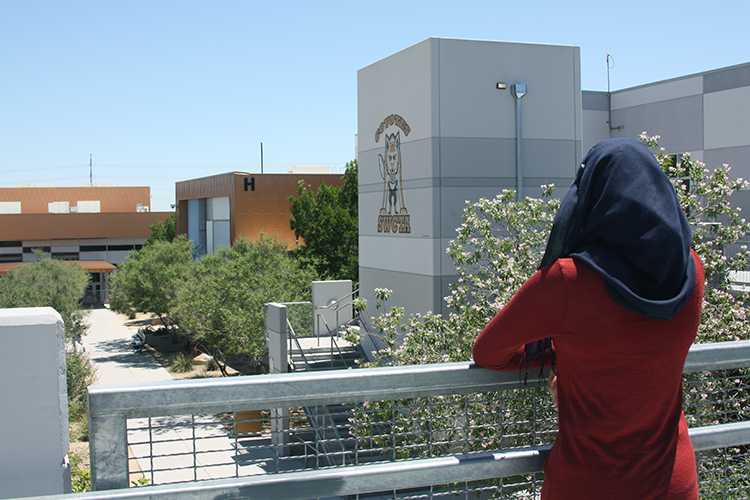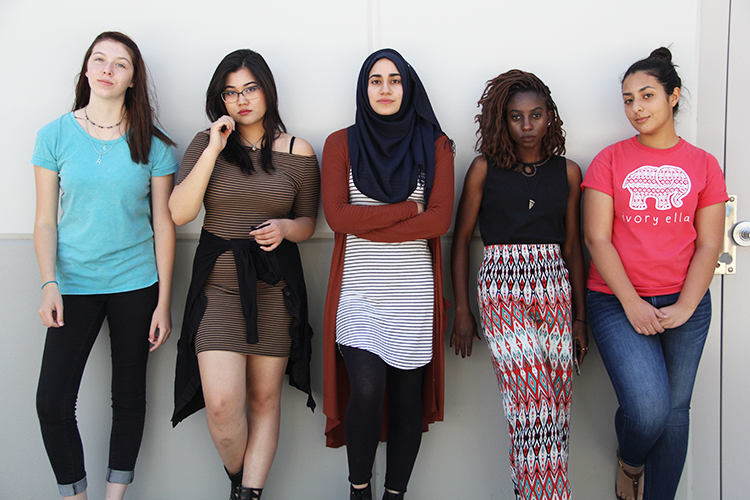Idealization is a habit that I have noticed within myself and those around me.
Psychology defines idealization as “a mental mechanism in which the person attributes exaggeratedly positive qualities to the self or others.” Generally, idealization is looked at negatively (reasonably so) as it causes someone to view a person or entity in a romanticized and unrealistic perspective.
Clearly, idealizing is sometimes an unhealthy practice for obvious reasons; for example, building a situation up to be much greater than it truly is results in hurting oneself. This is especially dangerous when dealing with other people, as it can cause one to be oblivious to a person’s flaws, and to see that person as an almost perfect being.
However, I have found that despite the negative aspects, there is a positive side to idealizing: the effect it has within oneself. I have come to realize my idealization of situations says more about myself than anything else, and that is not necessarily a bad thing.
The ability to so purely and wholeheartedly love something or someone demonstrates a trait within oneself that has little to do with the object of their love.
A large part of this realization has come from this quote, written in a letter from Nobel Prize winning philosopher and author Jean Paul Sartre to French writer and social theorist Simone de Beauvoir in 1929: “Tonight I love you in a way that you have not known in me; I am neither worn down by travels nor wrapped up in the desire for your presence. I am mastering my love for you and turning it inwards as a constituent element of myself.”
To simplify, the ability to so purely and wholeheartedly love something or someone demonstrates a trait within oneself that has little to do with the object of their love. It demonstrates (in the words of Editor of RookieMag, Tavi Gevinson) “a person who is open, who wants to love things, who wants to feel connected.”
Still, there are many facets to the act of idealization as a whole. From my perspective, there are two ways to look at it; on one hand, idealization is seen as a behavior practiced by the naive, ignorant and inexperienced. On the other hand, this habit can institute an internal phenomenon where the love that one projects onto an external object is returned inward. I do not believe idealization is entirely good or bad due to its various effects; however, it is important not to find oneself too caught up in a glorified lens to deflect from reality.














![Displaying a QR code for students to scan, the flyer allows students to sign up and learn about their desired colleges as they visit throughout the school year. Many schools have had additional presentations for students to learn more about what they offer. “For me, I’m interested in criminal justice,” junior Zion Jefferson said. “I know that UNLV and Nevada State University have this major. But, [the college fair] is going to be beneficial, so I can see what other schools offer as well.”](https://southwestshadow.com/wp-content/uploads/2025/10/IMG_2721-1200x900.jpg)

![Fast food has not stayed the same principle of “sit down, order, and get food,” but has turned into a process with multiple layers and complexity. This is largely due to the integration of automation in every aspect of dining. “I'm not that knowledgeable on it, but I've seen videos on TikTok, I'm not really concerned—it doesn’t seem that smart,” senior Dallas Evertt said. “When [some people are just ordering] 18,000 water cups, it sounds really dumb. There was no way [the AI] was gonna put down 18,000 water cups—and that just shows how it’s not going to take anybody’s job soon.”](https://southwestshadow.com/wp-content/uploads/2025/10/Dominante-Image-1200x675.png)

![Working in the Student Success Office, Attendance Secretary Lordis Depiazza inputs a student’s absence excuse note. Students are required to bring an excuse note to the attendance office within three days of any absence. “Reminding students that being in school is important because it reflects towards your grades and being able to do any activities with the school,” Depiazza said. “[It] seems to get the students' attention about wanting to be in school.”](https://southwestshadow.com/wp-content/uploads/2025/10/IMG_8313-1200x800.jpg)
